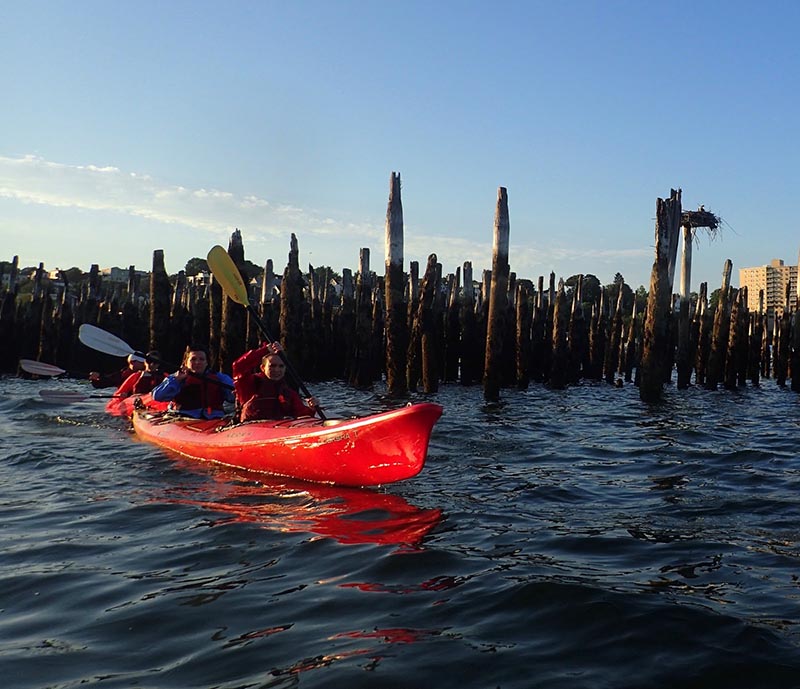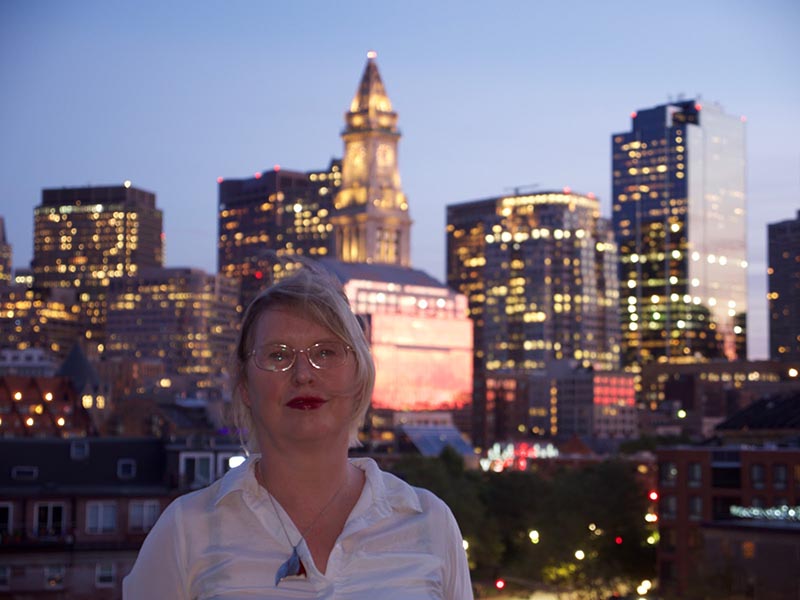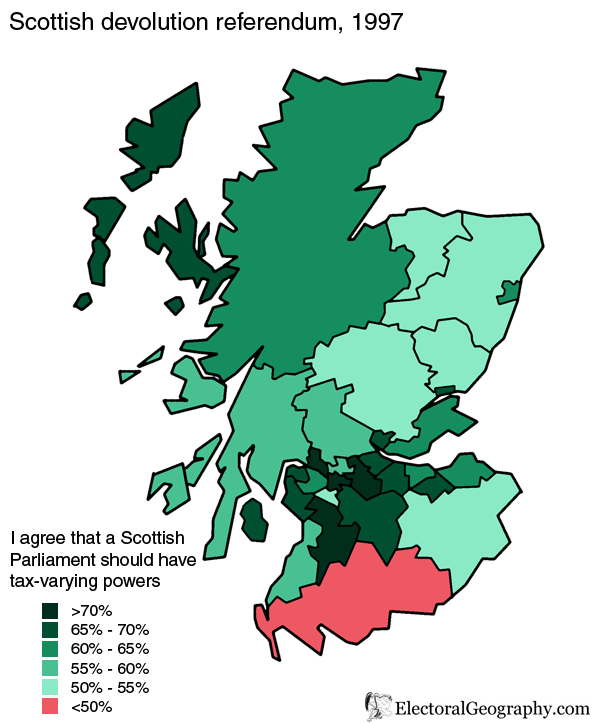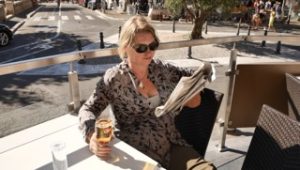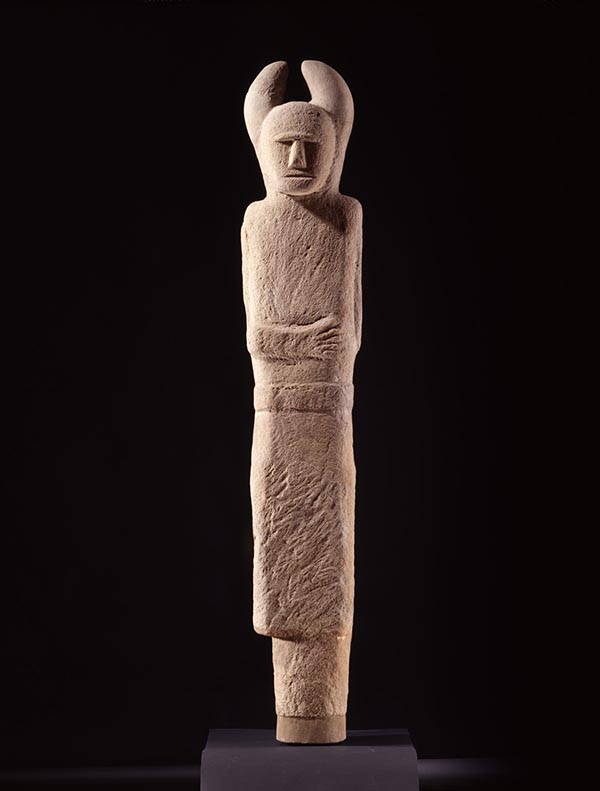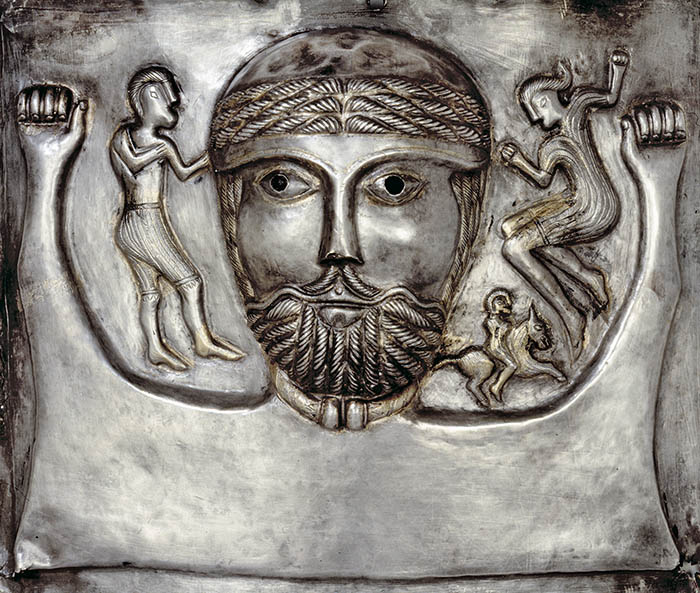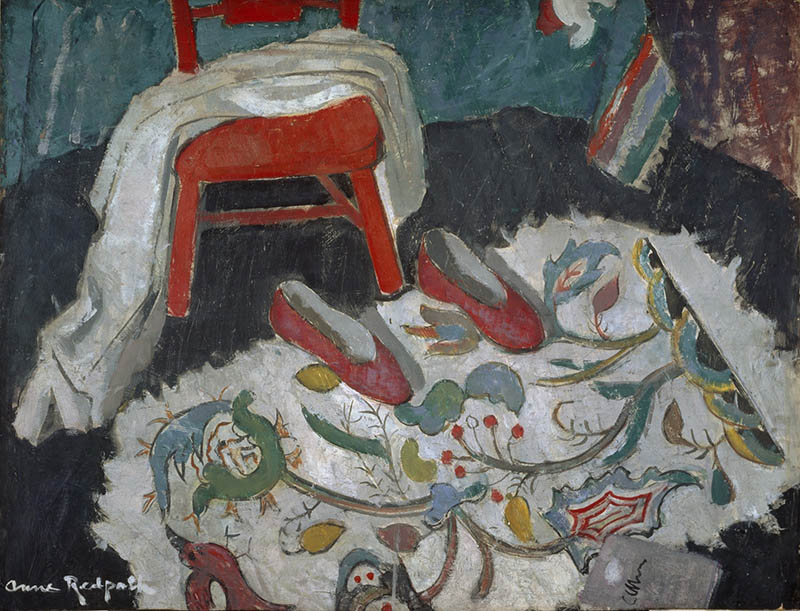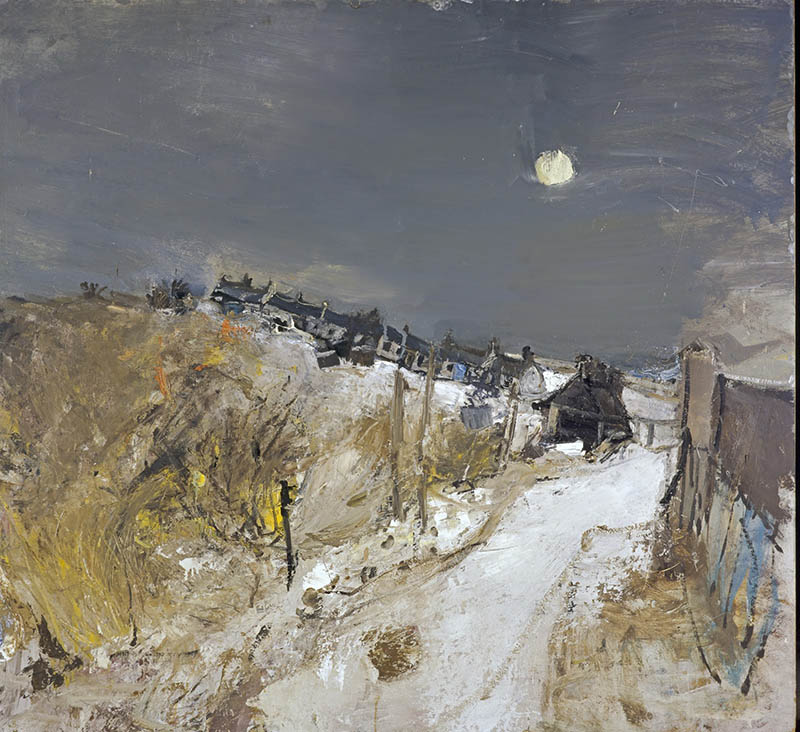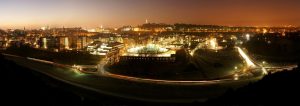Is Farming the New Rock and Roll?
I was prompted to ask this question after meeting some start-up farmers in Massachusetts. They are interesting and unexpected entrants into a profession we are often told has a gloomy future: from a rock promoter to a Harvard educated bio-physicist.
Like other developed countries and the rest of the US, Massachusetts has a large number of farmers over the age of 65 with no identified inheritors. For 30 years, the number of entrants into farming was on the slide. However, over the last decade that has begun to change. It seems, farming is becoming cool again.

